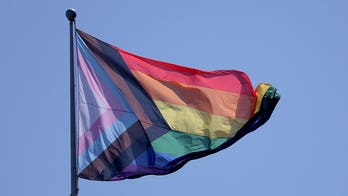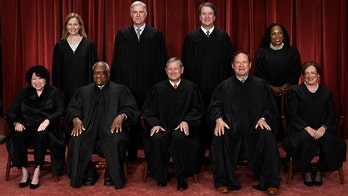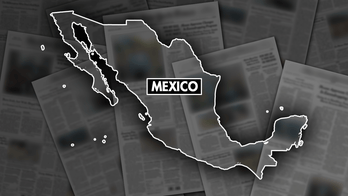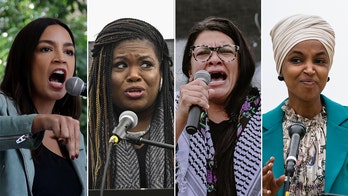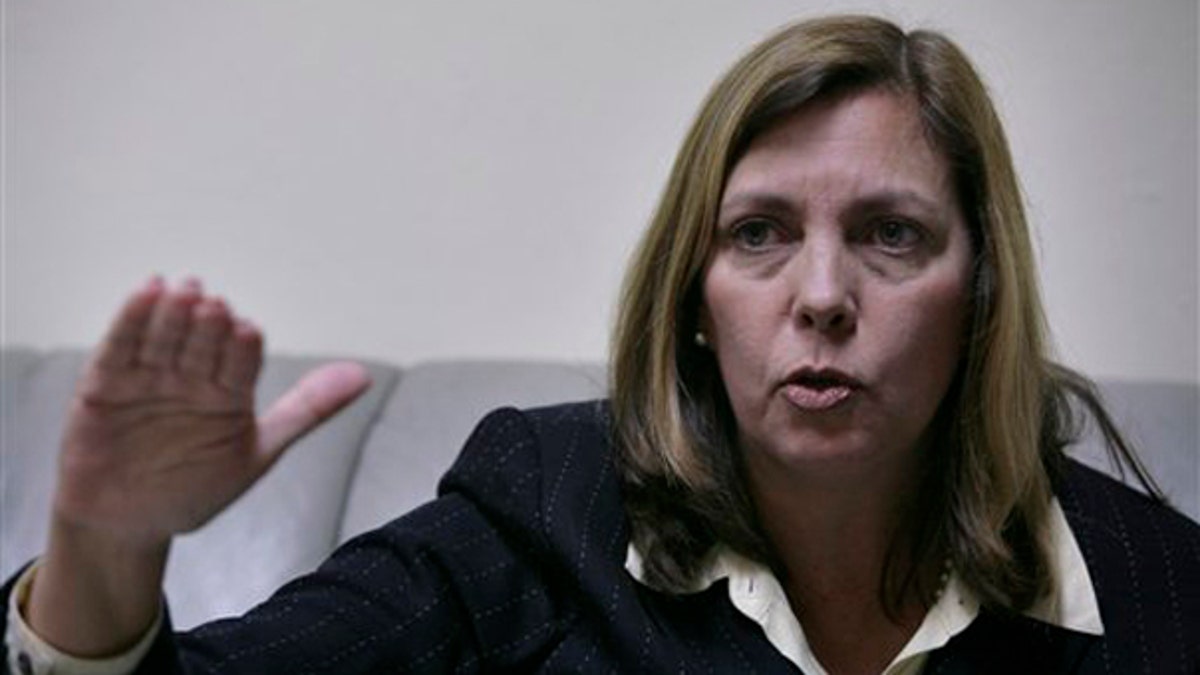
Josefina Vidal, director of the Cuban Foreign Ministry's North American affairs office, speaks during an interview with The Associated Press in Havana, Tuesday, Jan. 5, 2010. (AP)
With just three months left in his presidency, Barack Obama on Friday announced changes in U.S. policy that amounted to one last, bold move toward normalizing relations with Cuba.
The changes included stepping up joint medical and scientific research, increasing commerce between the two nations as well as people-to-people exchanges.
But the effort by Obama to make the United States kinder and gentler in its approach to Cuba is not being reciprocated.
At government-organized rallies and protests across Cuba this week, speakers have denounced the U.S.-Cuba trade embargo, depicting it as an obstacle to any meaningful warming of relations.
The protests carried the slogan, “Hornet’s nests against the blockade” – as the embargo is called in Cuba – according to the Miami Herald.
“Obama is finishing his term, but the blockade remains,” Josefina Vidal, head of the U.S. Department at the Cuban Foreign Ministry, said at a rally held at the University of Havana.
“It’s hard work to implement and carry out” the changes implemented by Obama’s executive orders, she said, according to the Heral, “because they retain restrictions that do not allow us to move forward.”
The Castro government’s message, echoed in remarks by Cuban officials since the first steps toward normalized relations were announced in 2014, is that the island nation cannot – or will not – fully commit to the journey to restored diplomatic and economic partnerships with the United States so long as the embargo remains.
Vidal said the Obama administration’s unilateral moves were commendable but that they have been more beneficial to “the United States than [to] Cuba and the Cuban people.”
The new regulations, which took effect Monday, and are issued by the Departments of Commerce and Treasury, will pave the way for importing Cuban pharmaceuticals and for Americans to deal more directly with the new crop of Cubans who are running their own business ventures.
One of the key changes in the presidential directive – noted prominently in social media posts and news reports – calls for eliminating the $100 limit on the value of Cuban rum and cigars that American travelers can bring back from the island.
Some Cuba experts and those who have been involved in trying to do business in Cuba say the embargo poses problems for many considering investing in Cuba.
“Nothing will happen with the big American companies until the embargo is lifted,” Saul Berenthal, president of Cleber LLC, which plans to assemble farm tractors in Cuba, told the Herald.
Vidal said that the United States still does not permit sectors other than telecommunications to invest in Cuba, and that neither U.S. exports to Cuba nor imports from Cuba have increased to any great extent.
A big impediment, Vidal told the Herald, are restrictions in U.S. bank dealings with Cuba.
“Until today, Cuba has been unable to make deposits … or make payments to others” in U.S. dollars, she said. “Banks around the world are still terrified to work with Cuba.”
Some experts say that Cuba itself has posed obstacles, not fully cooperating with efforts aimed at attracting more investors.
“We have designed the policy very much to have the maximum benefit to the Cuban people broadly. But in so doing, we are not restricting engagement with the Cuban state,” one high-ranking U.S. official said recently in a teleconference with journalists.
Other experts believe that Cuba’s half-hearted approach to normalizing relations is a tactic to force more out of the United States.
“It is not surprising that the Cuban government is waiting as long as it can, thinking that the longer it waits, the better deal it can get,” said John Kavulich, president of the U.S.-Cuba Economic and Trade Council. “This is a strategy that makes sense because the Obama administration is willing to do anything to create a commercial, economic and political scenario that can survive” the end of his presidency.
Like us on Facebook

